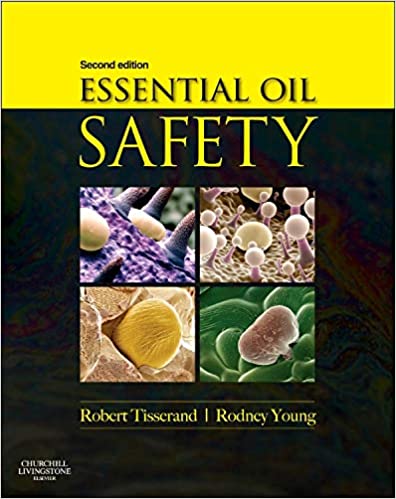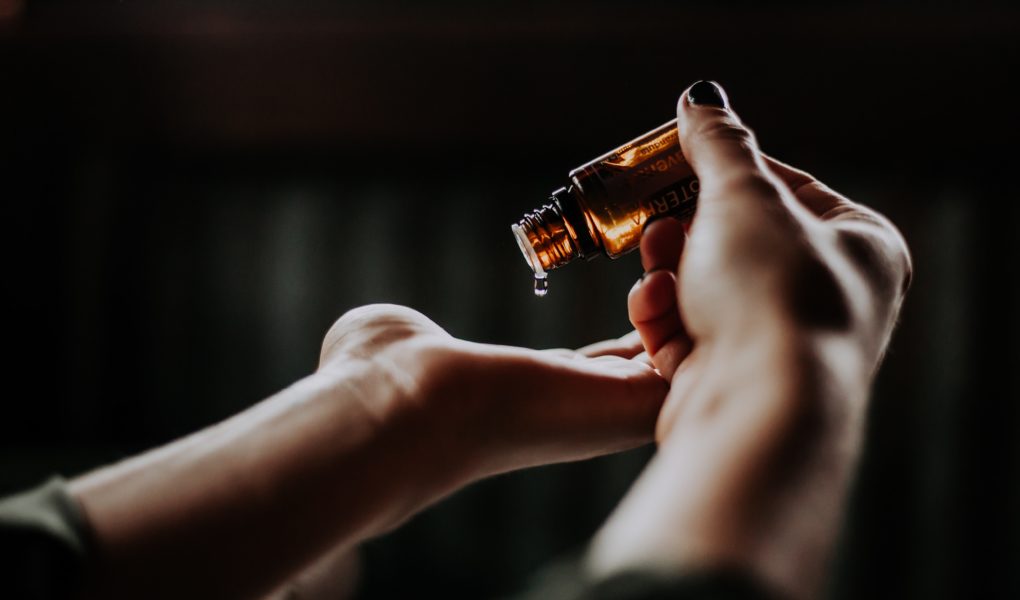There seems to be as much debate about essential oil toxicity as there is about taking it internally. Even aromatherapists and practitioners tend to disagree amongst themselves.
Three possible reasons for this as cited by R. Cuba in the International Journal of Aromatherapy could be philosophical differences, the lack of knowledge amongst practitioners and authors, and fear of public misuse.
As cases of essential oil overdose rise, especially amongst children and teens, it would be prudent to rather err on the side of caution. It is best to always have a reason or purpose for taking essential oils and not just use them indiscriminately. There is a misconception that because essential oils are derived from plants or herbs, that they are safe because they are natural. This is simply not true. Many consumers are also not aware that many of the essential oils on the market are synthetic. Often only the plant’s natural aroma is trapped and added to synthetic components.
You will be well advised to do some research on the oils you are interested in and follow the advice of an essential oil practitioner with a medical background, especially if the goal is to treat a specific health condition. In this article, we have a look at the most common symptoms of essential oil toxicity.
Why play it safe with essential oils?
- Firstly, the essential oil industry is not very well regulated. Adulterated oils are everywhere.
- It is important to remember that these oils are highly concentrated and potent extracts of several plants.
- If taken orally, all these oils are potentially toxic and not necessarily at high concentrations only.
- Many essential oils that are considered safe, may create symptoms of essential oil toxicity in some individuals, depending on various factors such as previous sensitization or adulteration.
- Babies, young people, and older adults are especially sensitive to essential oil.
- Essential oils taken on a daily basis for a long period of time may result in sensitization.
- These oils tend to oxidize quickly once exposed to air and are not suitable for use if there is a change of color or smell.
- Certain essential oils may be toxic to pets that live with you, especially cats. Make sure to check which essential oils these are and store them in a safe place that is out of reach for pets as well as children.
We choose
Essential Oil Safety
A Guide for Health Care Professionals 2nd Edition

Symptoms of essential oil toxicity to watch out for
Consumers are told to believe that there is an essential oil for everything. This kind of marketing may lead users to start using them indiscriminately to treat anything, without having a solid knowledge base to draw from. While the effects of long-term use, as well as daily continuous use, remain a hot subject even amongst the experts, caution is advised. General side effects of essential oil use may result in the following symptoms:
Photo-sensitivity (Lemon verbana essential oil)
Skin rash (Nutmeg and Tea tree essential oils when applied topically)
Skin sensitivity (Bergamot essential oil)
Contact dermatitis (Cinnamon essential oil when applied topically)
Nausea (Cinnamon essential oils when ingested or applied undiluted in large amounts)
Mucous membrane sensitivity (Cinnamon essential oil)
Vomiting (Sage essential oil when ingested in large amounts)
Heartburn (Peppermint essential oil when taken internally)
Hormone level imbalance (Lavender and Tea tree essential oils, especially if taken by prepubescent boys)
Interaction with other drugs or medication amplifying or lowering their effect (Anise essential oil)
Kidney damage (Sage essential oil, ingested in large amounts)
A rapid heart rate (Sage essential oil, ingested in large amounts)
Seizures if swallowed (Eucalyptus essential oil)
Other symptoms may include:
Double vision
Facial flushing
Hallucinations
Tremors
Vertigo
Restlessness
Suggestions on how avoid essential oil toxicity.
Consider why exactly you want to use or need essential oils. Deciding which essential oil to buy will largely depend on its intended purpose. Oils marked for external use should never be taken internally, while essential oils for topical application should usually be diluted.
- Each drop is a concentration of powerful plant extracts, therefore less is more.
- Purchase pure organic unadulterated essential oils.
- Always dilute essential oils with a carrier oil for topical use.
- For topical application, do a patch test first.
- For internal use, it is best to follow the directions of an accredited essential oil practitioner.
- Do your own research on the brands, their production methods, and read the fine print on the labels.
- Always consider children and pets that live with you. Check up to see which oils may have negative side effects on your pets and store them out of harm’s way.
- Store your bottles of essential oils in a dark place so that they are not exposed to any sunlight.
- Because essential oils tend to oxidize fast, make sure to close the cap tightly after use
- If they smell off, they most likely are.
- Find an accredited holistic practitioner knowledgeable in essential oil use to help guide you. The same goes for anyone with a medical condition, pregnant women, or for medicinal use.
- Wash your hands after using essential oils.
- Essential oils are not recommended for infants, children or pets.
- Diffuse in well-ventilated areas only and preferable not in public areas.
- When diffusing, do so for 30 to 60 min intervals.
- Keep essential oils away from heat or flames.
- Don’t use past the expiry date.
What to do about symptoms of essential oil overdose?
Call your doctor if you experience any major symptoms of essential oil toxicity. Some minor symptoms may be treated at home. If skin irritation occurs, wipe the area clean with fatty vegetable oil.
If essential oil lands up in the eye somehow, soak a cotton pad in food-grade olive oil and wipe over the closed eye. Follow with a clean cold water flush and lightly pat dry.
If you suspect an oral overdose of essential oil, contact your local poison control center immediately. For relief, until a response team can see you, they may suggest you drink some milk. Keep the bottle at hand to show them.
If you enjoyed this article, you might like these too:
These essential oils you can drink, but first, know this.
Top 4 essential oils that moisturize dry skin the best.
Which essential oil contains Vitamin C?
These 6 secret essential oils help treat hyperpigmentation
Cautionary note and disclaimer: Not any of these statements have been evaluated by the Food and Drug Administration or any health experts. The content of the articles and the products recommended are not intended to diagnose, treat, cure or prevent any disease or health issue. The intention is also not to imply that essential oils are to be considered safe or unsafe to treat any health condition. This article was written for entertainment purposes only and can make no claims to the safety of essential oils. Always seek the expert advice of health practitioners who specialize in the use and treatment of essential oils.
Affiliate Disclosure: Some of the links that appear on this site are affiliate links. We may receive a small commission when you make a purchase. These commissions help to improve this site and to fund further research. The buyer does not pay any commission whatsoever but is an arrangement between the supplier and this site. Our selection of products is carefully curated and includes only those products we believe in.
Photo by Christin Hume on Unsplash



